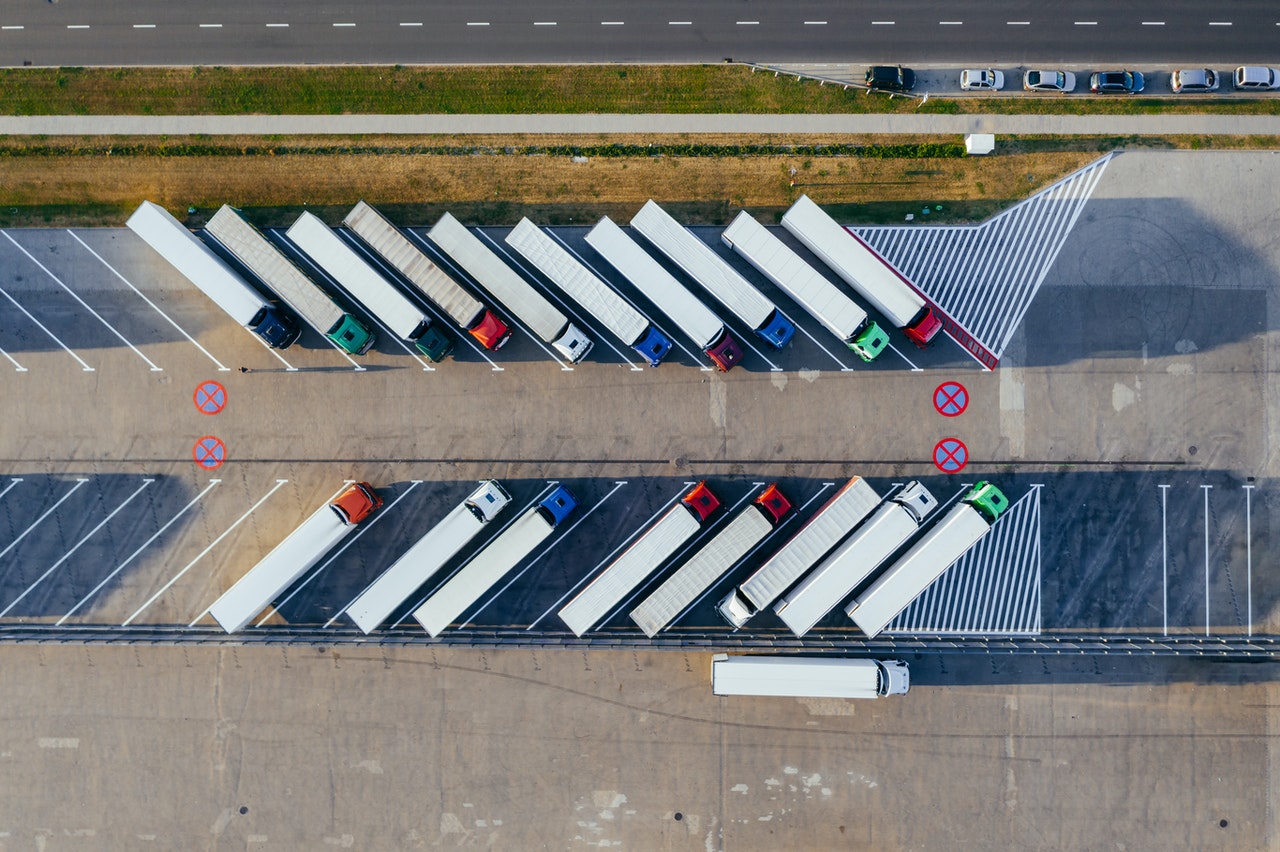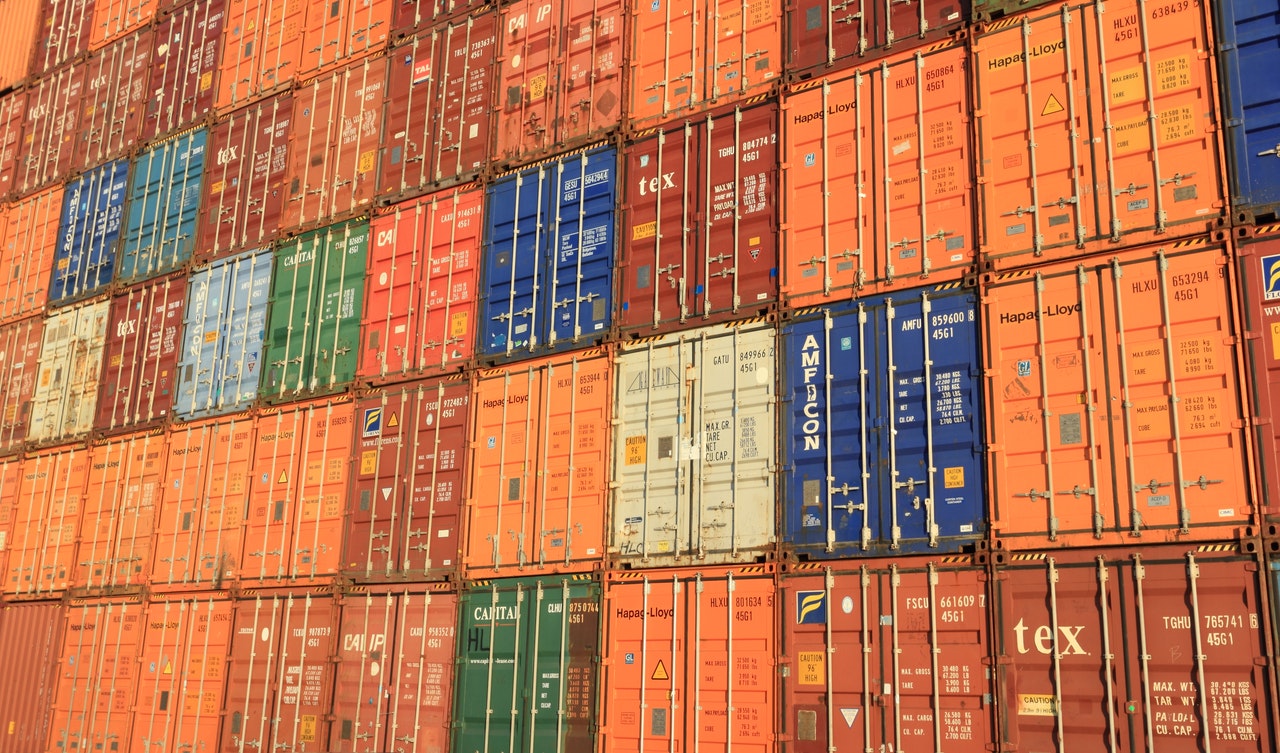The UK will delay the introduction of post-Brexit checks on food and farming imports to Great Britain again, blaming COVID disruptions and pressure on global supply chains.
The checks were intended to come in next month, but are now set to be introduced in January and July 2022.
It comes amid shortages of some products in shops and supermarkets in the UK, with companies blaming a shortage of lorry drivers for the problems experienced and warning of possible supply problems in the coming months.
With the UK’s departure from the EU, goods travelling between the countries were initially set to be subject to the enhanced checks customary for third-country imports.
The EU has enforced full checks on UK goods since the start of the year, but the UK has repeatedly delayed the introduction of reciprocal checks for the vital food and agriculture sectors.
The idea of checks has proved to be particularly unpopular in some quarters, with critics pointing out that the UK and the EU’s food standards remain aligned.
Speaking to a local radio show, M&S chairperson Archie Norman said the reciprocal checks “serve no purpose”, but have added 24-hour delays.
“What we’ve discovered is that the EU rules for governing borders, and their customs union are totally out of date, and not suited for the purpose they are designed for – what we’ve got is a fandango of bureaucracy”, he added.
The checks on European goods going into the UK are unlikely to affect Maltese businesses too harshly, given that the flow of trade in that direction is relatively low, with only €45.8 million in goods being exported in 2020.
However, Malta imported just under €400 million in the same period, and checks and other Brexit-related disruptions and costs facing Maltese importers from the UK are likely having an effect.
Indeed, Finance Minister Clyde Caruana has cited Brexit-related challenges as a key cause of an increase in the cost of living in Malta.
Ferrari unveils ‘Luce’: Its first fully electric supercar set for 2028
Pricing is anticipated to sit well above €500,000
Malta’s trade deficit narrows as import shifts and export rebalancing continue in 2026
Over the full year, Malta’s trade deficit narrowed by €444.1 million compared with 2024
Thinking of housing as part of an urban system: what Malta can learn from Singapore’s public housing
Five lessons we can take from the nation twice the size of Malta






